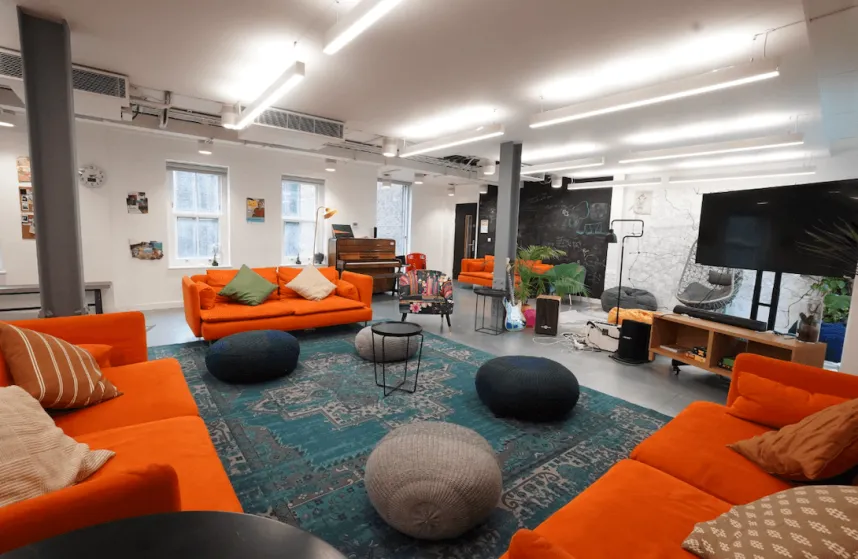London Interdisciplinary School: The art and science of complex-problem solving
This webinar is a part of an Innovative Universities Global Webinar Series.
The London Interdisciplinary School (LIS) is a private higher education institution in Whitechapel, East London, established in 2017. It stands out as the first UK university since the 1960s to receive degree-awarding powers from its inception. LIS offers a Bachelor of Arts and Sciences (BASc) degree in Interdisciplinary Problems and Methods, focusing on complex, real-world issues. Students engage with diverse disciplines such as neuroscience, law, and philosophy to address challenges like the ethics of AI and urban development. The curriculum is designed around problem-solving, encouraging students to apply knowledge from various fields to tackle pressing societal issues.

Prof. Carl Gombrich, Dean of London Interdisciplinary School
- Prof. Carl Gombrich is an interdisciplinary educator, academic, former opera singer, and co-founder of the London Interdisciplinary School (LIS).
- Prof. Gombrich holds degrees in mathematics, physics, and philosophy. Before transitioning into academia, he pursued a career in opera.
- In 2002, Prof. Gombrich joined University College London (UCL) as a lecturer, later becoming a Teaching Fellow in Physics and Principal of the University Preparatory Certificates. In 2010, he was appointed Programme Director of UCL's Arts and Sciences (BASc) degree, leading its design and implementation until 2019.
- In 2017, Prof. Gombrich co-founded LIS, where he serves as Academic Lead and Head of Teaching and Learning.
- Prof. Gombrich is a regular speaker on interdisciplinarity and liberal arts and sciences, both in the UK and abroad. He has published works on higher education, interdisciplinarity, and the philosophy of education.
Isak Frumin:
- The London Interdisciplinary School stands out as a significant milestone in the ongoing evolution of higher education. Few institutions approach interdisciplinarity with such clarity and sincerity. For them, interdisciplinarity is not merely the blending of various fields; it has a distinct core. This core is deeply rooted in methods - methods of thinking, writing, and data processing, etc.
- In today’s world, where the rapid advancement of artificial intelligence raises pressing questions about the value of higher education, the idea of mastering methods to better understand what machines are doing here emerges as a compelling and forward-looking alternative.
- If you’re interested in interdisciplinarity, I strongly recommend taking a closer look at our conversation.


